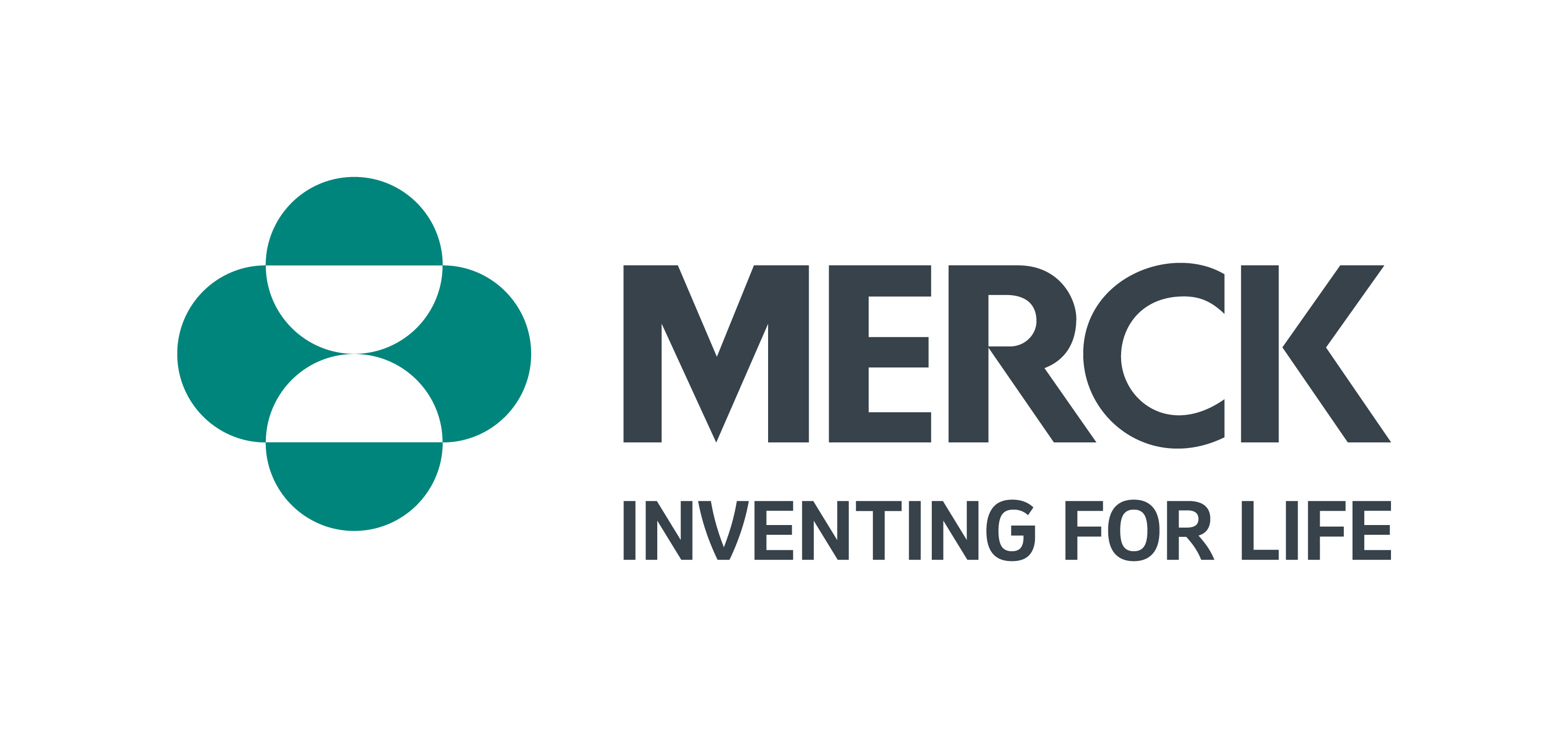Merck Helps To Improve Diversity in Clinical Trials Through Beacon of Hope
Unique collaboration expands our clinical trials efforts to four Historically Black Medical School Clinical Trial Centers of Excellence

Increasing diversity in clinical trials plays a crucial role in helping to understand how a broad range of human bodies may respond to treatments. That’s why our company joined Beacon of Hope, an initiative created by Novartis and the Novartis U.S. Foundation to create greater diversity, equity and inclusion across the research and development ecosystem.
Through this collaboration, we’re working to operate clinical trials through four Historically Black Medical School Clinical Trial Centers of Excellence established under Beacon of Hope. These schools are: Morehouse School of Medicine, Howard University College of Medicine, Meharry Medical College and Charles R. Drew University of Medicine and Science. The trials are conducted by investigators and trial managers of color and include participants from underrepresented communities.
“Merck is proud to participate in a collaboration focused on improving enrollment of underrepresented people in clinical trials with the common goal of ensuring these trials appropriately reflect the diversity of the patients we serve worldwide.”
Andy Lee
Head of global clinical trial operations, Merck
More about Beacon of Hope
Established in 2021, Beacon of Hope is an innovative collaboration with 26 Historically Black Colleges and Universities, and companies and organizations working together to address root causes of disparities in health and education. The initiative supports increasing diversity, equity and inclusion in clinical trials, new research into health care disparities, and breaking down barriers that often stand in the way of promising career opportunities for students of color.
Merck joined Beacon of Hope in 2022.
Our approach to increasing diversity in clinical trials
We take a multipronged approach in our efforts to conduct trials that include people from different backgrounds. It includes selecting trial sites with inclusion in mind, outreach and education tailored to communities, and ongoing learning from subject matter experts.
“A singular approach will not solve the challenge we face with the lack of diversity in U.S. clinical trials today — it has to be addressed from a higher level alongside our peers and colleagues and within the communities where potential participants live,” said Adrelia Allen, senior director of clinical trial patient diversity. “We know we can’t do this alone, and we must come together.”
“Diversity in our trials is not just an initiative — it’s our way of working. It’s woven into all steps of the trial process, and it must be proactive — not reactive.”
Adrelia Allen
Executive director of clinical trial patient diversity, Merck
View original content here.

